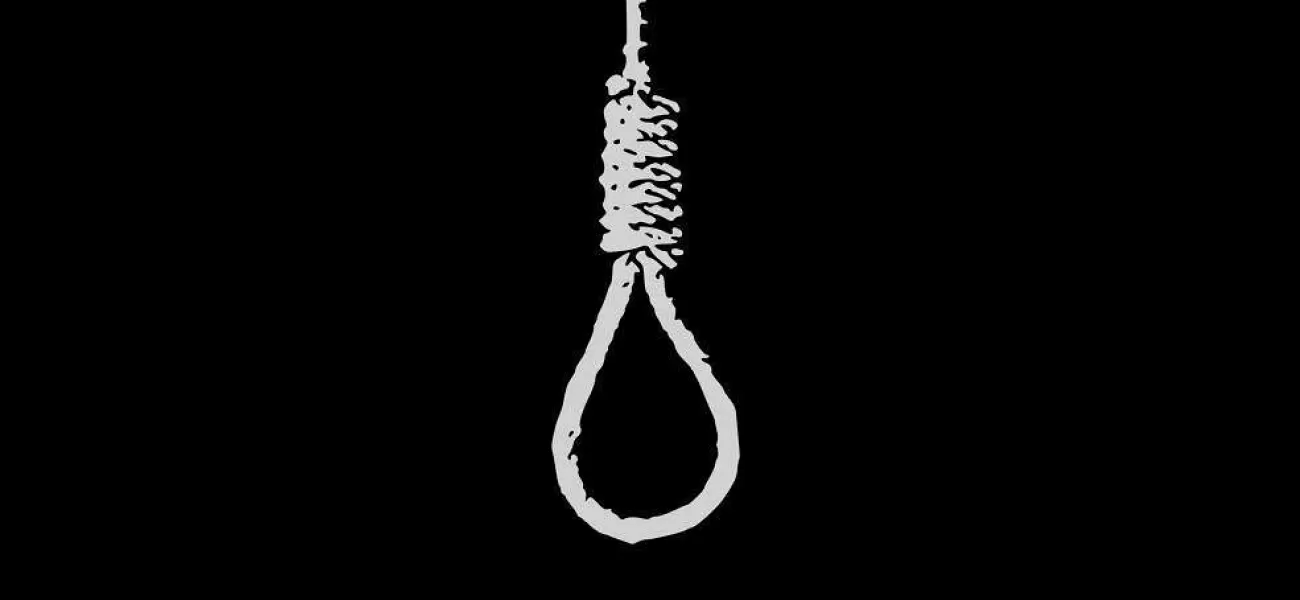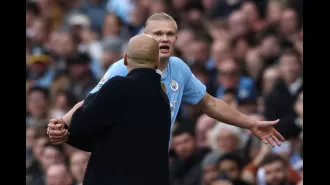A tragedy occurred in Kota, India, highlighting the dangers of a parallel education system.
August 31st 2023.

Seven years ago, 17-year-old Kriti Tripathi, a student at one of Kota’s coaching establishments, tragically jumped off a five-storey building. Her suicide note called for an immediate shutdown of these institutes. Since then, another 95-odd students have taken their own lives due to the high-pressure environment of the city’s parallel education industry.
The coaching centres in Kota continue to thrive, with the state government claiming they are in full compliance with regulations. When the media raised questions about the recent spate of suicides, the Kota MLA and Rajasthan’s urban development minister, Shanti Dhariwal, staunchly defended the coaching institutes and put the onus on the students and their parents.
This year is different. With a record twenty-three suicides so far in 2023, Rajasthan minister Pratap Singh Khachariya has called for a crackdown on Kota’s ‘coaching mafia’, while Higher Education minister Rajendra Singh Yadav promises to do so with a new law. Will these belated acknowledgements lead to concrete steps?
The revenue of the 150-odd coaching centres is estimated at a staggering Rs 6,000 crore, with star instructors earning anywhere from Rs 50 lakh to 2 crore. The annual influx of two lakh students in need of board and lodging, study materials and transport is a significant economic driver for the local economy.
Kriti’s suicide note described the coaching institutes in two words: “They suck”. Students prepping for the IIT Joint Entrance Examination and the National Eligibility cum Entrance Test have to cope with financial, societal, parental and peer pressure, in addition to a punishing academic schedule. Dhariwal attributed the suicides to parental pressure and sub-par performance by the students.
However, the issue is more complex than that. The OTT series Kota Factory movingly portrays the difficulties faced by students and the toxic coaching culture. The question is: will a law make any difference?
Yadav castigated the coaching institutes for highlighting successes and glossing over failures, but faulting them for a commerce-driven approach is unproductive. It remains to be seen if a law can compel them to create a more student-friendly environment.
The malaise lies in a system that links a student’s self-worth to passing an exam. These are adolescents going through a stressful period of psychosocial development, and the added pressures of public humiliation, social opprobium, guilt and loss of self-esteem can lead to life-long trauma.
Another factor to consider is why Kota alone? The National Crime Records Bureau’s data indicates 13,000 Indian students died in 2021 — a rate of 35 every day. The ubiquity of the parallel education industry, in terms of both class and geography, points to a systemic flaw in the education system.
The size of India’s organised and unorganised parallel education industry can only be guessed at, but one estimate puts revenues of coaching centres alone at six billion dollars annually, and that of private tuitions at an astounding 45 billion dollars. It’s no surprise that parents often end up paying more for tuitions than for school fees.
Subjecting children to relentless study impacts their health, according to a 2020 paper in the Global Journal of Human Social Sciences. The one-size-fits-all solutions peddled by tutors encourage rote learning and stifle creativity, killing the spirit of the student.
Rajyavardhan Rathore has criticized the Rajasthan government's decision to ban coaching institutes in Kota. Lok Sabha speaker Om Birla has called on students to “study without any stress”, but clearly the students who couldn’t cope with the demands of exam preparation didn’t get the message.
The situation calls for a systemic re-look at how education is imparted to students. The problem of coaching institutes in Kota must be addressed, but more importantly, the underlying issues in the education system must be addressed if we are to prevent tragedies like Kriti Tripathi’s from occurring again.
The coaching centres in Kota continue to thrive, with the state government claiming they are in full compliance with regulations. When the media raised questions about the recent spate of suicides, the Kota MLA and Rajasthan’s urban development minister, Shanti Dhariwal, staunchly defended the coaching institutes and put the onus on the students and their parents.
This year is different. With a record twenty-three suicides so far in 2023, Rajasthan minister Pratap Singh Khachariya has called for a crackdown on Kota’s ‘coaching mafia’, while Higher Education minister Rajendra Singh Yadav promises to do so with a new law. Will these belated acknowledgements lead to concrete steps?
The revenue of the 150-odd coaching centres is estimated at a staggering Rs 6,000 crore, with star instructors earning anywhere from Rs 50 lakh to 2 crore. The annual influx of two lakh students in need of board and lodging, study materials and transport is a significant economic driver for the local economy.
Kriti’s suicide note described the coaching institutes in two words: “They suck”. Students prepping for the IIT Joint Entrance Examination and the National Eligibility cum Entrance Test have to cope with financial, societal, parental and peer pressure, in addition to a punishing academic schedule. Dhariwal attributed the suicides to parental pressure and sub-par performance by the students.
However, the issue is more complex than that. The OTT series Kota Factory movingly portrays the difficulties faced by students and the toxic coaching culture. The question is: will a law make any difference?
Yadav castigated the coaching institutes for highlighting successes and glossing over failures, but faulting them for a commerce-driven approach is unproductive. It remains to be seen if a law can compel them to create a more student-friendly environment.
The malaise lies in a system that links a student’s self-worth to passing an exam. These are adolescents going through a stressful period of psychosocial development, and the added pressures of public humiliation, social opprobium, guilt and loss of self-esteem can lead to life-long trauma.
Another factor to consider is why Kota alone? The National Crime Records Bureau’s data indicates 13,000 Indian students died in 2021 — a rate of 35 every day. The ubiquity of the parallel education industry, in terms of both class and geography, points to a systemic flaw in the education system.
The size of India’s organised and unorganised parallel education industry can only be guessed at, but one estimate puts revenues of coaching centres alone at six billion dollars annually, and that of private tuitions at an astounding 45 billion dollars. It’s no surprise that parents often end up paying more for tuitions than for school fees.
Subjecting children to relentless study impacts their health, according to a 2020 paper in the Global Journal of Human Social Sciences. The one-size-fits-all solutions peddled by tutors encourage rote learning and stifle creativity, killing the spirit of the student.
Rajyavardhan Rathore has criticized the Rajasthan government's decision to ban coaching institutes in Kota. Lok Sabha speaker Om Birla has called on students to “study without any stress”, but clearly the students who couldn’t cope with the demands of exam preparation didn’t get the message.
The situation calls for a systemic re-look at how education is imparted to students. The problem of coaching institutes in Kota must be addressed, but more importantly, the underlying issues in the education system must be addressed if we are to prevent tragedies like Kriti Tripathi’s from occurring again.
[This article has been trending online recently and has been generated with AI. Your feed is customized.]
[Generative AI is experimental.]
0
0
Submit Comment





